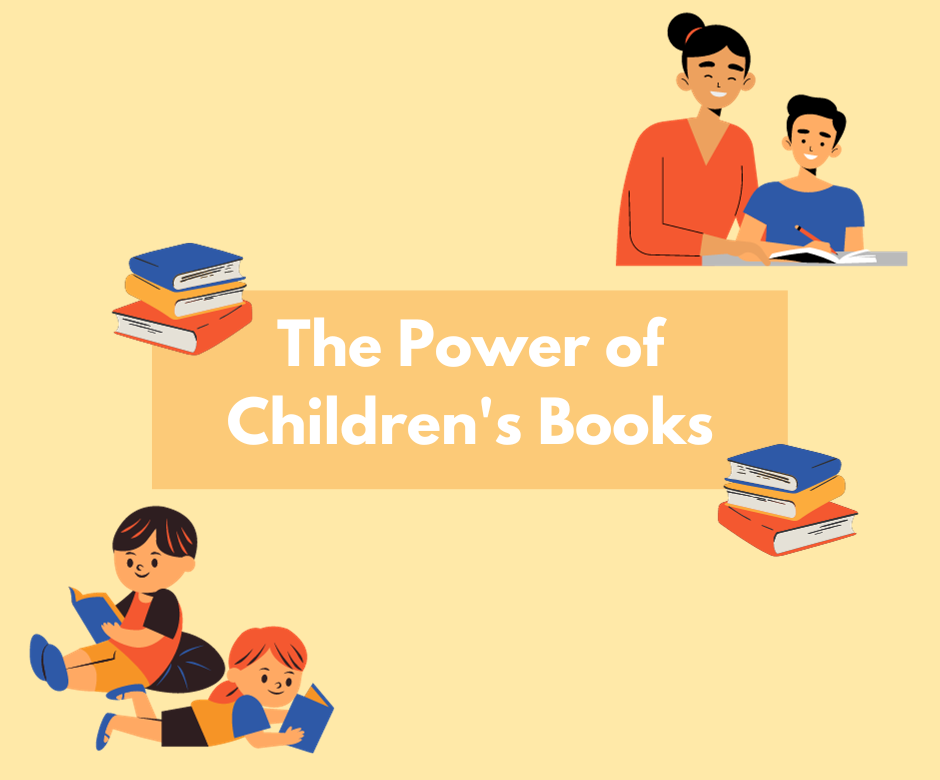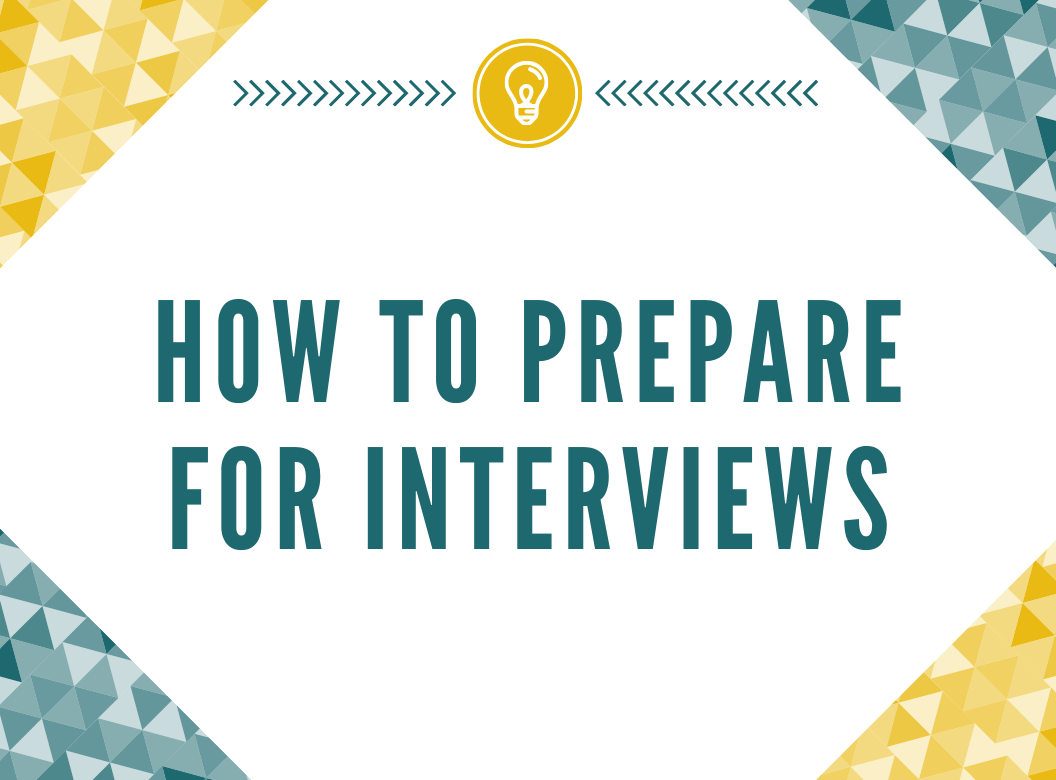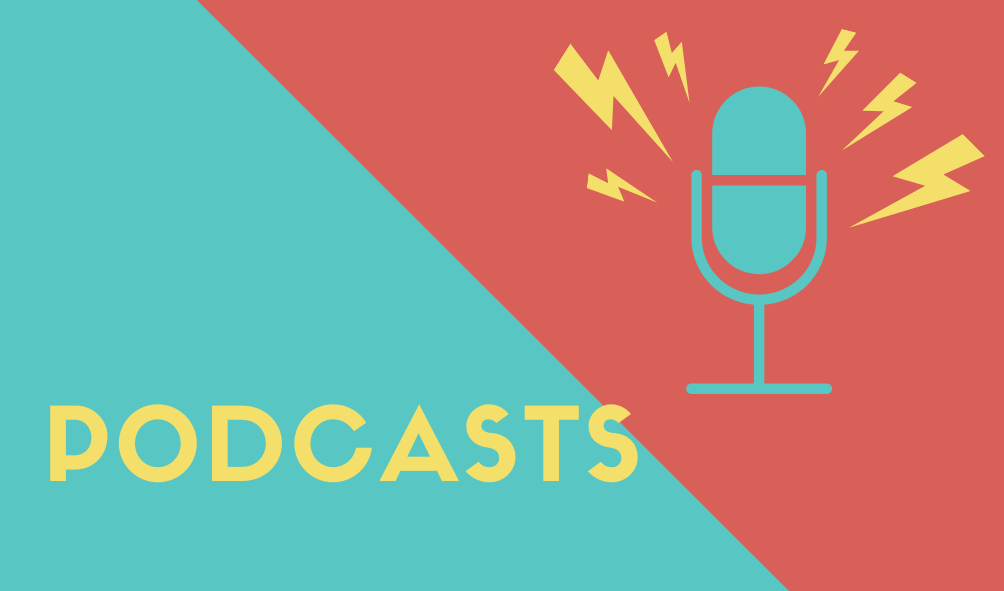Podcasts are an easy and unique way to learn and explore, as well as express yourself and reach new audiences. We’ll cover podcasting basics, good sites to check out, and how to use podcasts as a tool for promoting your book!
PODCAST BASICS
What is a podcast? Podcasts are online audio shows released in episodes that focus on any topic. A podcast is the overarching show; a podcast episode is one installment. Like books or TV shows, podcasts can be about anything: history, literature, gardening, health, pets… They can feature interviews, lectures, creative work, personal reflections, and more.
Why do people listen to podcasts? There are many reasons people listen to podcasts. An appealing aspect of the podcast is that you can arrange your devices to update automatically as new episodes are released, usually free of charge. You don’t have to tune in or check back once you subscribe. Listen while you’re cleaning, working out, or driving. You can listen to a podcast once and delete it, rewind it halfway through, or save it and listen to it on repeat. The power is yours.
LISTENING TO PODCASTS
How do I listen to podcasts? You can access them on your computer, phone, or tablet; you can even burn them to CDs. More often than not, a podcast gets downloaded onto your phone, so you don’t need internet access to play unless it’s a streaming-only podcast.
Many people choose to use a podcast manager (or “podcatcher”) to organize podcasts and point out unplayed episodes. If you find a podcast you love, you can subscribe through your podcast manager. Check out some popular podcast managers:
iTunes is familiar to a lot of people because of its popularity with selling music. This free podcast manager is simple, straightforward, and syncs easily with your Mac or iPhone.
Overcast is available for free on iOS. It’s a simple way to receive podcasts, featuring tools like Smart Speed, Voice Boost, and Smarter Playlists.
Pocket Casts is available for $3.99 on iOS and Android. Its tile-based layout makes navigation easy, and organizing features mean a stress-free experience.
Podcast and Radio Addict is free on Android and exceptionally easy to use.
Where can I find good podcasts for me? After you follow a few podcasts, your podcast manager will start to make recommendations based on your interests. You can also search by category. For example, you could search the term “writing” and see the newest or most popular podcasts about writing.
Outside of a podcast manager, you can go to your preferred search engine, type in “popular podcasts” or “podcasts about child development,” and find a variety of options to peruse.
I still don’t get it. Try checking out the excellent “Podcast Listener’s Guide” by the Podcast Host.
What are some good podcasts to try? Here are a few favorites in categories you’ll love:
General: This American Life, the most popular podcast in the country, talks about different aspects of living today as an American.
Learning: TED Radio Hour offers podcasts based on popular TEDTalks.
Writing: Helping Writers Become Authors gives tips and tools for taking amateur writing to the next level, as well as reminders for seasoned authors as well.
Books: The Book Review by the New York Times posts weekly, featuring popular authors and critics discussing new releases and trending literary topics.
Creative episodic fiction: Welcome to Night Vale features a fictional radio host in a lonely post-apocalyptic southwest city and all the malarkey that happens therein.
Kids: Barefoot Books offers a range of auditory delights for children, from stories to songs, to educate them “as caretakers of tomorrow.”
History: 15-Minute History by the University of Texas at Austin is for newbies and historians alike, delivering highlights of history in easily-digestible, 15-minute episodes.
USING PODCASTS TO YOUR BOOK’S ADVANTAGE
Stay up-to-date and learn something new. You can subscribe to podcasts about writing or books in general, or ones about a theme or topic that relates to your book.
Get yourself or your book featured on a podcast. Reach out to podcasters who talk about books, writing, or a topic related to your book. Make sure you subscribe first, as this could make all the difference! Ask them to mention your book, feature you on their show, or interview you. Listen to previous episodes to see what format they tend to use and appeal to this in your message.
Understand the podcasts you subscribe to. Podcasts come in a range of quality with a variety of followings. Starting out, you may have an easier time appealing to new or underground podcasts before making your way to the major players. All podcasts have merit, and you should approach each differently. Research a podcast thoroughly before reaching out. Look for things like how frequently they post, if they’re active, if they do interviews, and if your topic fits with their theme. Read their website, scroll through their social media, listen to a few episodes, and familiarize yourself.
How do I get in touch with podcasters? This can be tricky, as part of the appeal of the internet is anonymity. Here are the steps you should take in contacting podcasters:
Scour their website for a contact email. If you can find their email, use it. Be short and to-the-point, maybe referencing an episode they aired and why you’d be a good fit for a future episode. Give a brief background on yourself, introduce your book, and list what topics you can discuss. Link to your website or Facebook if these pages are informative and helpful, and thank them for their time.
Fill out a contact form on their website if you can’t find an email. This should be very brief, but make sure to use an intriguing hook, and include good contact information for yourself.
Get in touch on social media if all else fails; direct messaging is preferable. Just make sure your own profile page is clean, current, and informative before inviting anyone to view it!
What do I do after I get an interview? Check out “How To Get Interviewed On Top Podcasts In Your Industry” by Thinkific, or check back next month for April's Brandylane Author Marketing Tip on How to Prepare for Interviews.
Create your own podcast. See more on this below.
RUNNING YOUR OWN PODCAST
Sound familiar? If this section gives you déjà vu, that’s because podcasting is remarkably like blogging, which we covered in last month’s Brandylane Author MarketingTip. In fact, some podcasts are distributed through blogs. A podcast is essentially a blog in audio form. Episodes can be posted with any frequency, but it should be updated regularly enough so it doesn’t appear abandoned. Podcasts and blogs range in professionalism and following, but the small, quirky ones can be just as good as popular ones backed by large companies.
How do I set up a podcast?
Be realistic. If there’s a chance you won’t be able to commit to your podcast, it may not be valuable for you. You need time to create it, ideas to propel it, and a drive to network and collaborate.
Name your podcast something unique and find an eye-catching cover photo.
Prepare your studio. You’ll need your computer, set up with an audio recording program and an audio editing program (which you may be able to find together), as well as a microphone. Connect your microphone to your audio recording program and test to make sure it works.
Make sure you know what you’re going to talk about. Pick a theme for your podcast, one that hasn’t been overdone and relates to your book. Jot down notes for reference.
Record your audio. Most podcast episodes last 30 or 45 minutes, but can be as short as 15 minutes and as long as an hour or more.
Edit your audio in your editing program. Listen through several times. Take out silent spaces, sneezes or coughs, and mistakes. Use filters to smooth out your audio levels.
Edit the file’s metadata. This includes things like the podcast name, your name, date, and genre. This information will be attached to the file anywhere it gets distributed.
Set up your podcast website. You can distribute your podcast on Facebook or your website; you can also upload it to a podcast distributor like Spreaker. Alternately, you can create a website for your podcast through a blogging platform like Wordpress.
Post your first episode to your podcast website.
Listen through once to make sure everything uploaded correctly.
Boost your new podcast and first episode through social media and other marketing. Contact your email list, tell your friends, and get in touch with like-minded podcasters. You can list your podcast on iTunes to make it widely available.
For more information about starting your own podcast, check out “How to Start Your Own Podcast” by LifeHacker.
What content should I feature on my podcast to help publicize my book?
Share the research you did or background knowledge that helped you write your book.
Share the first chapter, a particularly well-written section, or your favorite part of your book to entice listeners to buy the whole thing to hear how it ends.
Release chapters of your book in episodes just like serial radio shows of old. The one obvious downside to this is you receive no payment, but it will put the words you wrote in the hands (or rather, ears) of a wider audience.




